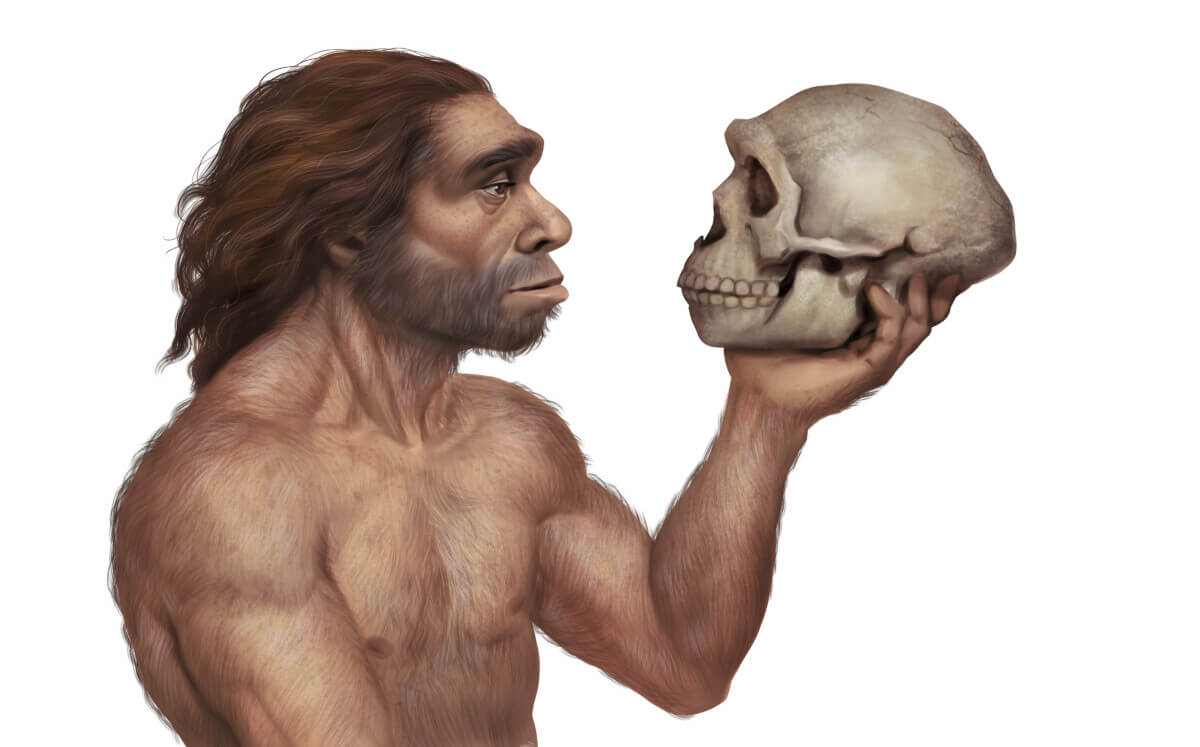
(© Roni - stock.adobe.com)
TARTU, Estonia — Here's one more reason to try one of those popular DNA ancestry tests: Do you have Neanderthal in your blood? As it turns out, the closest extinct human relative can still influence one's risk of getting type 2 diabetes, prostate cancer, and even arthritis.
That's because people with more Neanderthal in their DNA have an increased risk of autoimmune diseases, researchers say. But the study by scientists at the University of Tartu also shows that this characteristic may mean carriers have a lower risk of having prostate cancer. For Asians, however, a high Neanderthal link increases the risk of type 2 diabetes for which there is no association in Europeans.
There is around one to two percent of Neanderthal DNA in modern humans from a European or Asian background. Among African populations it is zero or close to zero.
Neanderthals were archaic humans who lived in Europe and Western Asia from about 400,000 years ago until they became extinct about 40,000 years ago. Modern humans migrated out of Africa more than 60,000 years ago and met and interbred with Neanderthals, and as a consequence influences our DNA today.
Study sheds light on how ‘legacy of Neanderthals influences modern humans today'
In this latest study comparing Neanderthal genome content between Europeans and Asians, researchers conclude the impact of the DNA is not population specific. Both populations contain variants that increase the risk of autoimmune diseases while having a lower risk for prostate cancer.
However, study results reveal that Neanderthal-linked associations have an increased risk of type 2 diabetes in Asians.
Michael Dannemann, Senior Research Fellow of Evolutionary and Population Genomics, says this shows evidence for an over-proportional effect on this disease given the Neanderthal DNA content in this population. “My findings show that while the Neanderthal DNA in European and Asian populations differ they both contain variants that increase the risk of autoimmune diseases like dermatitis, Graves' disease and rheumatoid arthritis,” he explains in a statement, per SWNS. “This is highlighting the importance of studying a wider range of ancestries to help us to ascertain how the phenotypic legacy of Neandertals influences modern humans today.”
Previous studies have suggested Neanderthal DNA may have had influences on hair texture, height, sensitivity of the sense of smell, immune responses, adaptations to high altitude, and other characteristics in modern humans.
The study is part of the Center for Genomics, Evolution and Medicine project.
SWNS writer Joe Morgan contributed to this report.










